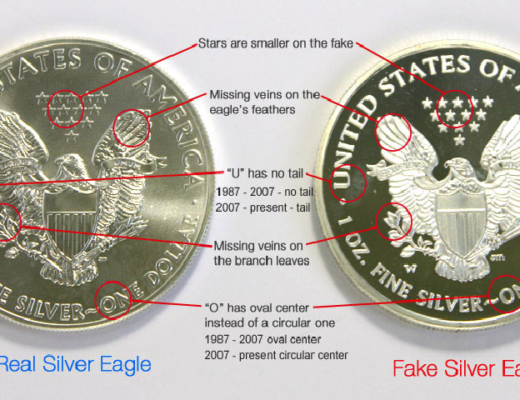Online sales of artwork provide artists with an exciting chance to present their originality to a worldwide audience. Dropshipping has made the procedure more easily available than it has ever been. However, every artist entering the internet art market must negotiate a number of legal issues to safeguard their work and ensure adherence to relevant rules. From copyright and licensing concerns to corporate branding and product display, knowledge of these elements is essential for success in the cutthroat e-commerce scene.
Copyright is one of the most important legal issues artists selling online face. You naturally own the copyright to your work, as you are the artist producing it. This gives you specific rights to reproduce, market, and display your artwork. Offering custom printed Christmas ornaments or ceramic tile paintings, however, requires you to be sure the designs you utilize are unique or licensed suitably. Using unauthorized images or designs could lead to allegations of copyright infringement, which could damage your reputation and potentially result in expensive legal conflicts.
You must clearly specify how you will use your artwork when working with dropshipping companies. Licensing your artwork for goods like acrylic glass for picture frames or fine art photo printing lets you keep ownership while giving the supplier permission to replicate your creations. Your license should state the usage terms, dissemination limits, and fees. Good paperwork safeguards your rights as well as those of your business partner.
Another crucial component of selling artwork online is branding, which sometimes has legal ramifications. Custom-made business cards, packaging, and promotional tools should represent your own personality and help you prevent possible trademark problems. Before deciding on your business name or emblem, carefully search for trademarks to be sure you do not unintentionally violate someone else’s intellectual property. Registration of your trademark also offers legal protection, enabling you to act against illegal usage.
For artists experimenting with wholesale picture frame molding or bespoke frames, knowledge of supplier agreements and production standards is essential. Make sure your suppliers follow moral and legal standards, particularly in relation to material procurement or manufacturing outsourcing. Misrepresenting the quality or origin of your goods could result in legal obligations and damage to your reputation among consumers.
Privacy rules hold significant importance in the realm of e-commerce. You must adhere to data security rules, such as the General Data Protection Regulation (GDPR) in the European Union, when collecting consumer information for orders or marketing. Clearly expressing your privacy policy and getting specific permission for data collecting protects you from legal issues and helps your audience to develop confidence.
Artists selling worldwide also need to be mindful of cross-border trading rules. Some nations forbid importing or exporting particular goods, which might impact things like acrylic glass for picture frames or ceramic tile paintings. Knowing these rules and collaborating with trustworthy shipping partners guarantees a flawless delivery and lowers the legal dispute risk.
Still another important issue is tax compliance. Online art transactions may require the collection of sales tax, depending on the buyer’s location. Learn the tax laws in your country and any business locations. Since the supplier—not the seller—often sends goods straight to the buyer, dropshipping can complicate tax requirements. Clarifying in your contracts who is in charge of tax collection and remittance helps avoid later conflicts.
Many artists worry about keeping their work from illegal replication. Although copyright rules offer a legal structure, in the digital era, protecting these rights can prove difficult. Using low-resolution previews or adding watermarks to web photos might discourage piracy. Furthermore, registering your artwork with copyright authorities helps you to show ownership and enhances your position in legal conflicts.
Product liability rules should also be of concern to artists. For example, guaranteeing the safety and quality of your fine art picture printing services or custom-printed Christmas decorations is critical. Misleading representations or defective goods might cause accusations against your organizations. Strong quality control policies and working with reliable suppliers can help reduce these hazards.
Seeking professional assistance is highly beneficial in ensuring the legal soundness of your business. See an intellectual property and e-commerce attorney to help you create contracts, check supplier agreements, and negotiate complicated laws. Legal knowledge lets you concentrate on producing and marketing your work free from undue worry.
Building a respectable and lasting business depends on knowing the laws of selling artwork online. From copyright protection and licensing to compliance with data privacy and trade rules, these issues help you secure your work and provide your clients with an outstanding experience. Using dropshipping and e-commerce sites, you may boldly increase your artistic reach with careful preparation and attention to precision. Following legal guidelines ensures a vibrant and competent online art service, whether the offering is wholesale picture frame moulding, fine art photo printing, or ceramic tile artworks.




